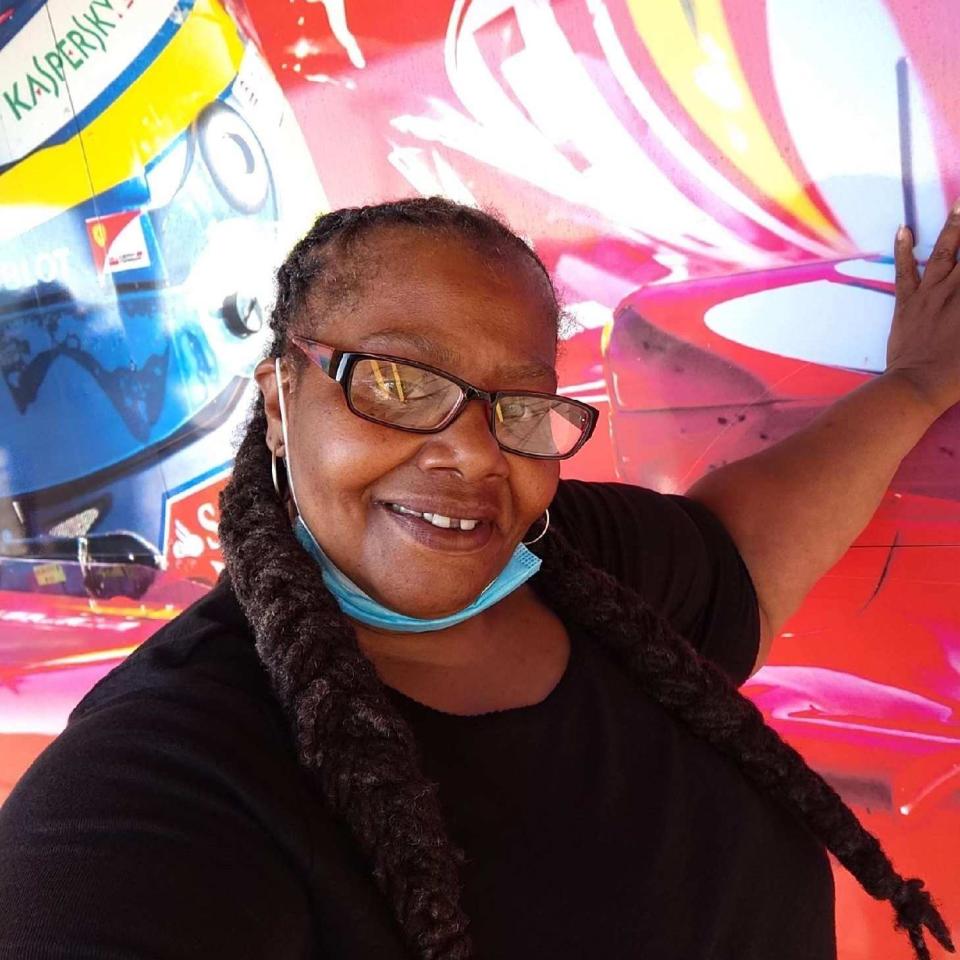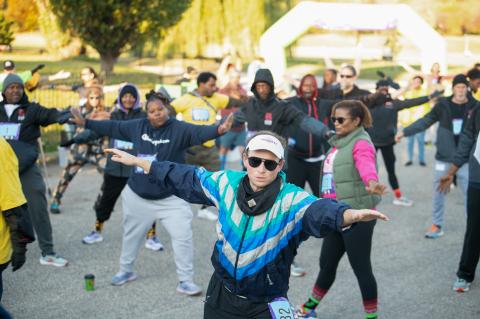
"I don't have a house, but I'm home."
Through the isolation of COVID-19, family has been more important than ever for most of us. For sister, mother, grandmother and Uber driver, Tagerin Jackson, strong family connections have always been her lifeline.
This is true for most clients despite systems that work to keep them isolated and vulnerable:
- Our criminal justice system separates people from their families, communities and society.
- Shelter systems are designed for single men or women and children, but not families or men with children.
- People who are lucky enough to get a housing voucher risk losing it if friends without housing stay with them.
- Entire families, disproportionally families of color, are torn apart by the foster care system.
Sadly, efforts to address these realities head on are limited. But according to Director of Public Policy Joanna Diamond, “Several reform issues, many of which we work on, keep families together indirectly. These include decriminalization, alternatives to incarceration and moving from the congregate shelter model to prioritize permanent, supportive housing.”
Despite the barriers, on most days, you can see clients like Tagerin in our lobby with a friend or family member there to cheer them on.
Tagerin’s support system helped her seek treatment and encouraged her to prioritize her physical, mental and emotional health. “Even through being locked up and my addiction, my family has always been there. I’m the youngest and they still spoil me,” she says. As a mother and grandmother, she does the same.
Mass incarceration has separated her from her son Frank and Frank from his own sons, but Tagerin makes sure they talk every day. She takes one of her grandsons along with her while she works so they can spend extra time together. “I am so, so at peace and really loving life,” says Tagerin with a smile.
Encouraged by family and community and rooted in her faith, this summer marked two years of sobriety for Tagerin. Her sponsor of nine years, her sister who has been sober for 26 years, and her Narcotics Anonymous support group were there to celebrate alongside her.
She currently lives with her brother, explaining, “I don’t have my own house, but I’m home. He doesn’t want me to leave.” Now that she’s fully vaccinated (thanks to a little encouragement from her older sister), she’s visited Frank in prison and can’t wait to have even more gatherings with her family here in Baltimore.
Read more about the impact of incarceration on homelessness.
More Recent News
At our annual staff holiday party, we take time to recognize and celebrate staff members who best represent our Core Values, as well as one recipient of the Von Bradshaw Award, named after Delvonia "Von" Bradshaw, who passed away in 2024 and truly held the principles of Health Care for the Homeless to heart. Please congratulate your colleagues when you see them!
Those of us in the Health Care for the Homeless community share a belief in something powerful: that everyone should have a place to call home.
Hope for that vision isn’t passive. It’s something that clients, staff and community supporters make possible together.
With SNAP benefits in Maryland facing uncertainty, many families are wondering how they’ll put food on the table. Here are ways Health Care for the Homeless is helping, as well as a list of local food assistance resources.
On Saturday, November 1, more than 300 runners, walkers, friends and volunteers gathered in Patterson Park for the 2025 Rock Your Socks 5K. Read all about this year's awesome event!




